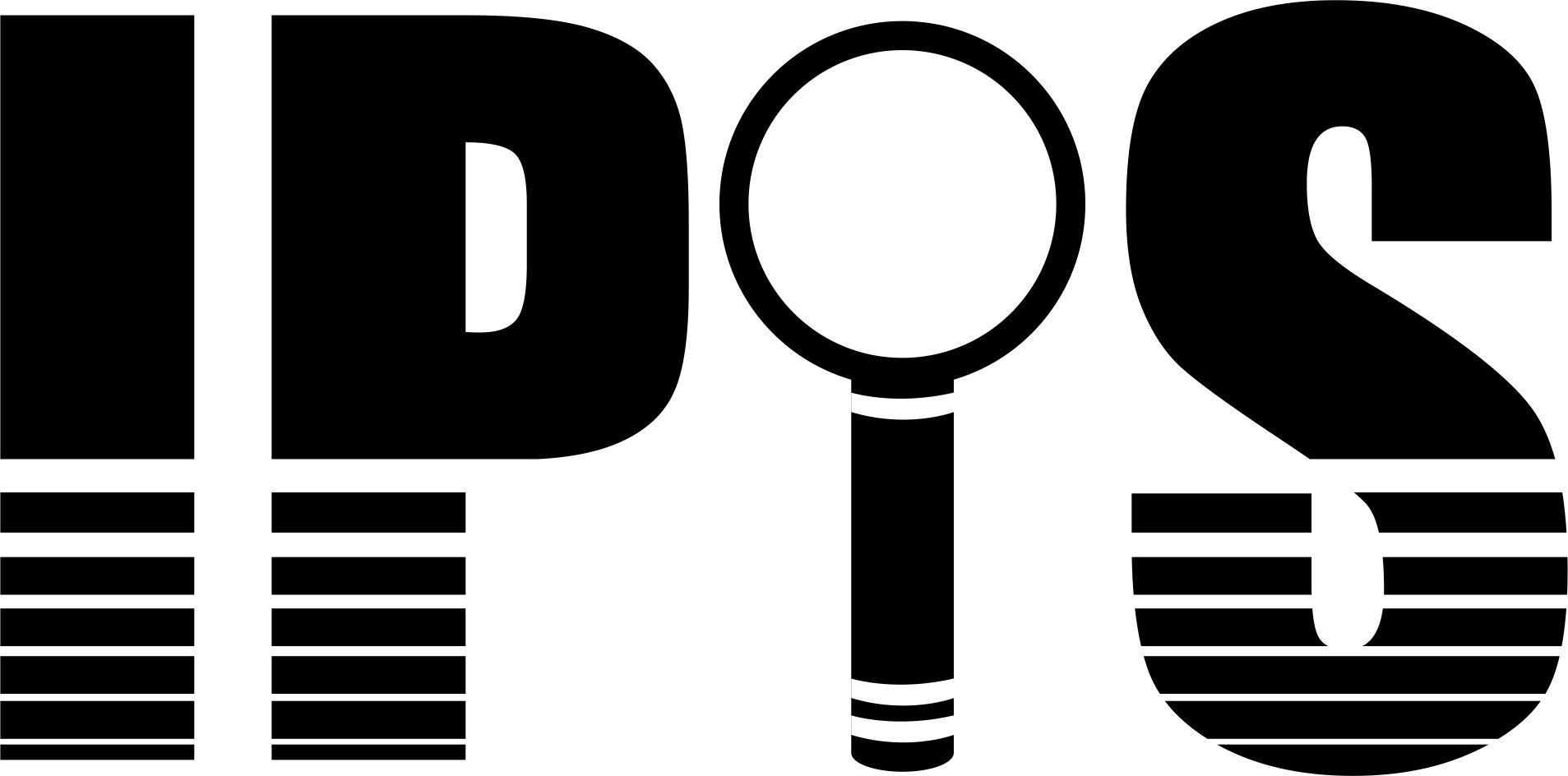Buyers of re-sale homes almost always have their home inspected by a licensed home inspector. Buyers of new homes, however, often do not take this important step. There are several reasons for this:
Schedule Inspection
Let the builder know at the outset that you will be getting a construction inspection. You may hear (from the builder or others) that this is unnecessary, that city inspections will be done, that this is an unusual step, etc. Stand your ground on this important inspection decision.
Foundation Inspection
With some complicated foundations, you should have an engineer review the construction as it progresses. In other cases, a licensed inspector is perfect for the job. Usually, city inspectors do a layout inspection, making sure that the foundation does not overlap building lines. Asl for a copy of the “forms survey”, if the builder has one. If a forms survey has not been done, carefully measure from the property lines. If there is any doubt about whether the structure encroaches over building lines, have a survey done before proceeding. In addition to the layout, the inspector will check the steel content, depth of footings, post tension cables, and other parts of the foundation.
Pre-Sheetrock Inspection
Most builders invite the homeowner to do a walk through after framing. HVAC and plumbing rough-in, and electrical wiring are complete. This is a good time to look at your outlet locations and window and door placements. Make sure that any changes in the plans have been picked up and made but the sub contractors.
While you check for layout items, your home inspector can look closely at the construction The report will include any broken plumbing lines, improper flashing, cut or bowed studs, inadequate bracing, beams that over span their strength, AC ducts that are crushed, etc. These items are easy to correct before sheet rock and finish materials are installed.
It is not realistic to expect the construction company to check out perfectly. Every builder in every price range will have some items to correct, both from the city and the third party inspector. Let your builder know that you will provide him with the report immediately, so that he can address the items before the walls are up.
Final Inspection
You will need to have all utilities on in order to complete this inspection. Normally, the builder requests a “walk-thru” inspection with you when the house is substantially complete. If utilities are on, you could schedule your inspector at this same time. You can focus on paint, and touch up items while your inspector conducts a more thorough inspection, checking for leaks, non functional outlets, final grading of the lot, flashing problems, appliance operation, voids in mortar, etc.
At some point you may sell your home, and your buyer will likely have your home inspected. Some of the items the inspector catches now may seem minor, but they will come up later in your buyer’s inspection if they are not corrected. It is in your best interest to have everything nailed down now. If there are items that cannot be fixed before closing, and you cannot delay closing, ask the builder to sign a written list of items to be repaired or completed.
Schedule your home inspection today to ensure that you are fully informed about the new property that you are buying.
